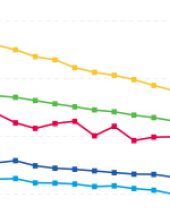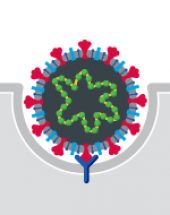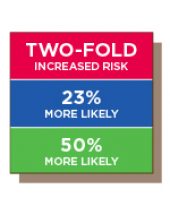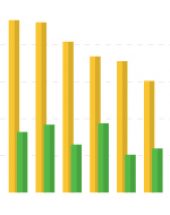The State of Cancer Health Disparities in 2020
There are substantial disparities in the burden of cancer among different segments of the U.S. population. Adverse differences in cancer measures such as number of new cases, number of deaths, survivorship and quality of life after cancer treatment, screening rates, and stage at diagnosis are referred to as cancer health disparities.











